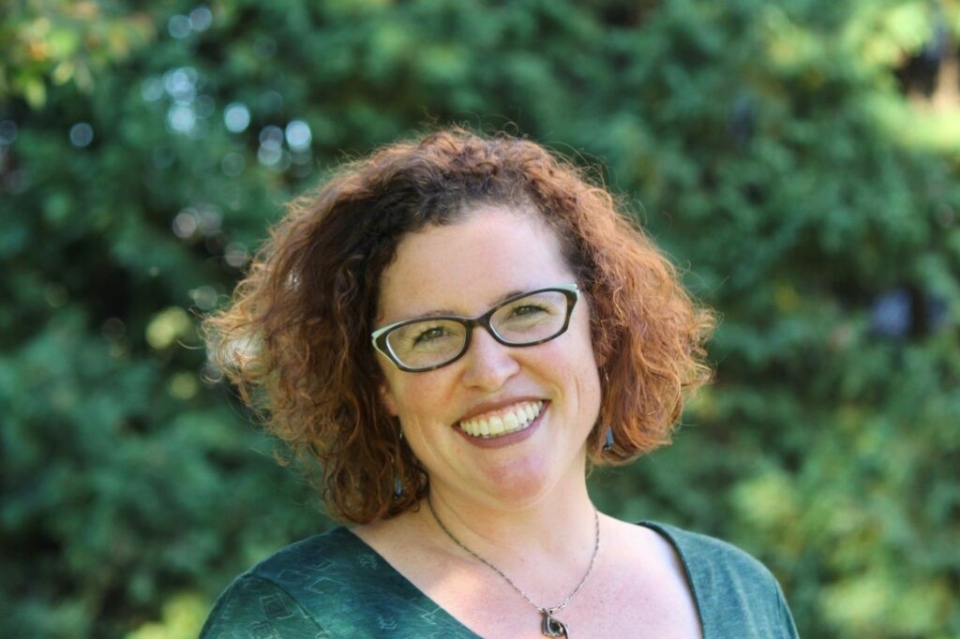Critical Language Awareness in L2 Literacy Instruction: Looking Backward, Outward, and Forward
–
McGowan DLC Design Space (MG001)411 Pacific Street
Monterey, CA 93940 View in Campus Map
Open to the Public

Abstract: Critical Language Awareness (CLA) Pedagogy is an approach to language/literacy education that engages students in deep inquiry about language, identity, power, and privilege. This approach is rooted in critical pragmatism—i.e., a commitment to making schools and societies more linguistically just while also helping students to navigate the (often linguistically unjust) status quo. In this talk, Shapiro briefly describes how and why CLA emerged as a grassroots movement in the U.K in the 1980s and early 1990s. Next, she presents six principles for CLA Pedagogy, informed by her synthesis of extant scholarship, noting ways that CLA overlaps with other approaches, including anti-racism and translanguaging pedagogy. Finally, she offers examples of how these principles can be put into practice in literacy curricula for L2 writers in K-12 and postsecondary contexts. She concludes by presenting a checklist of questions that teachers and administrators can use to engage CLA-oriented conversation and action in their own educational contexts.
Bio: Shawna Shapiro is an associate professor of writing and linguistics at Middlebury College. Her research focuses on the transition to higher education for immigrant and refugee students, and on innovative approaches to working with multilingual/L2 writers. Her work has appeared in many peer-reviewed journals, including TESOL Quarterly, Research in the Teaching of English, TESOL Journal, and Journal of Language, Identity & Education. She has published books with TESOL/NAFSA and Multilingual Matters, and her most recent book, out earlier this year with Routledge, is Cultivating Critical Language Awareness in the Writing Classroom. You can learn more about Shapiro’s work at her two websites:https://sites.middlebury.edu/shapiro/ and http://clacollective.org/
- Sponsored by:
- Academic Programs - MIIS
Contact Organizer
Jason Martel
jmartel@middlebury.edu
